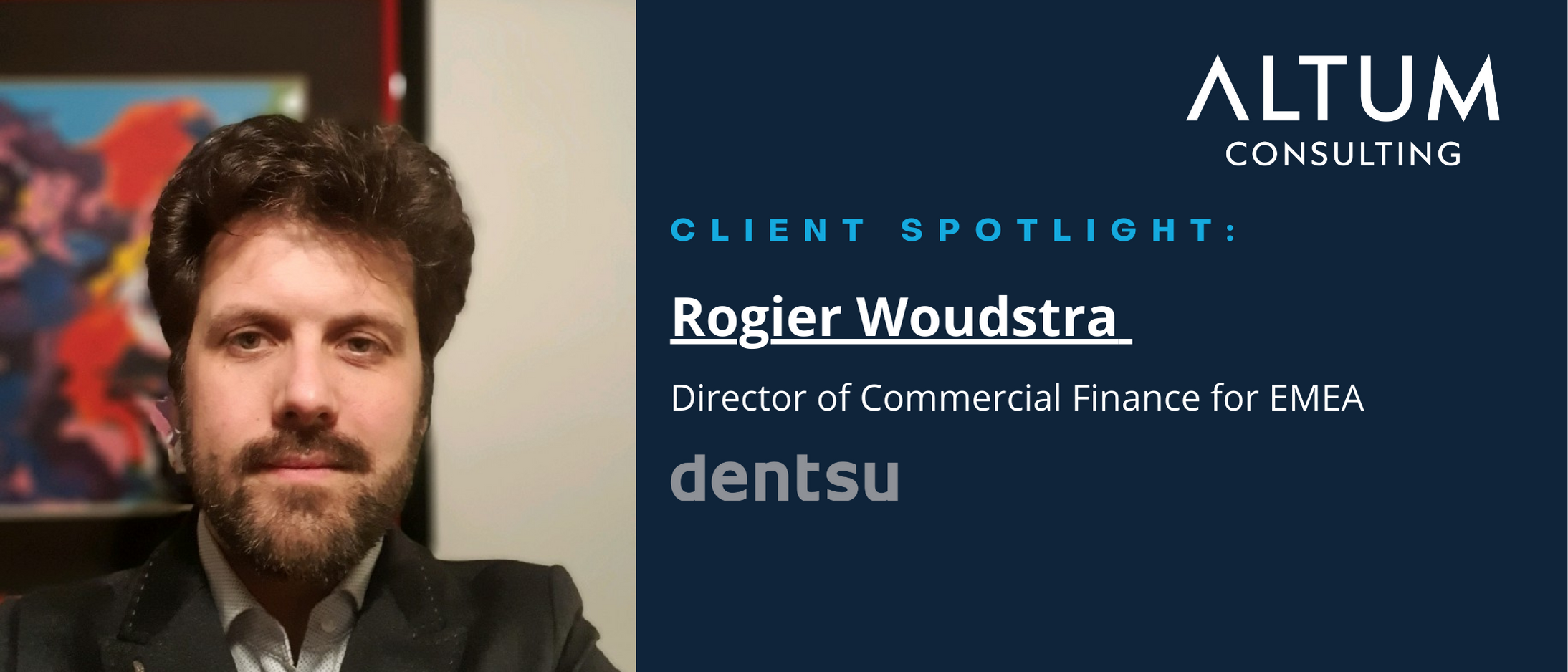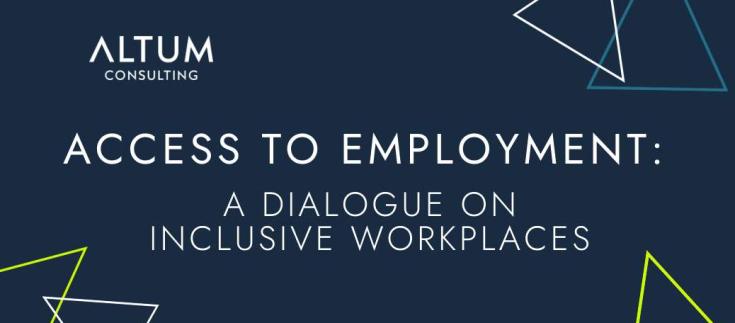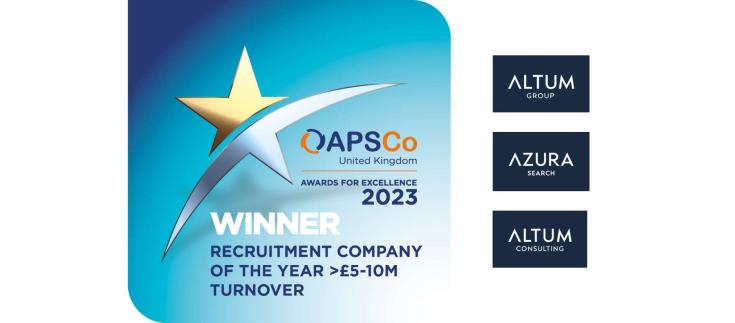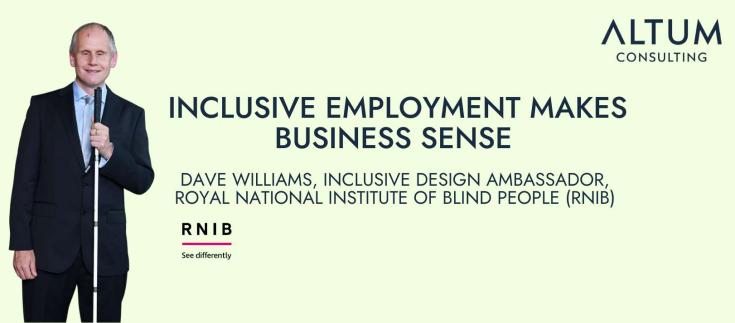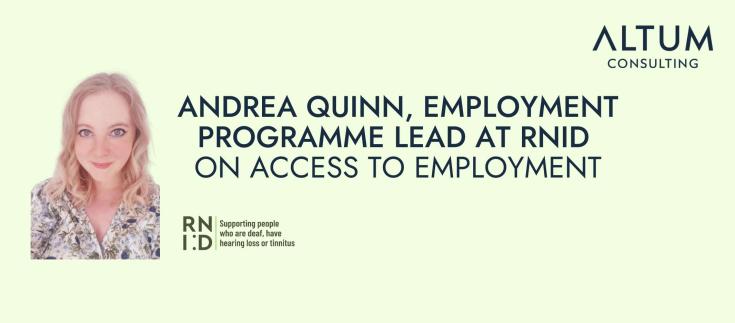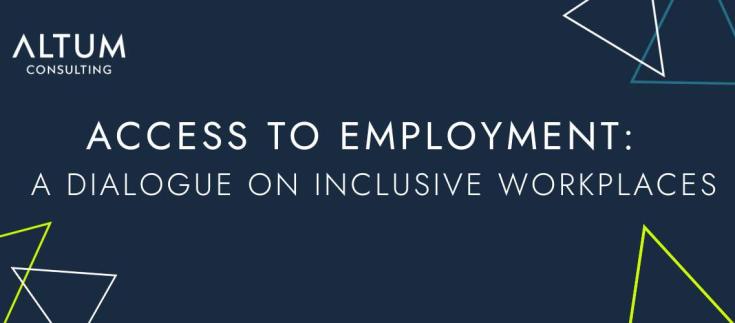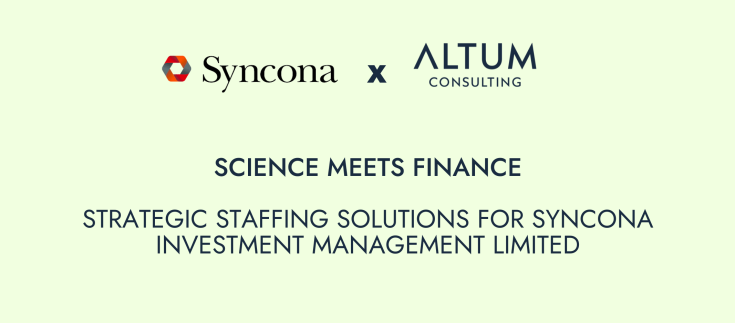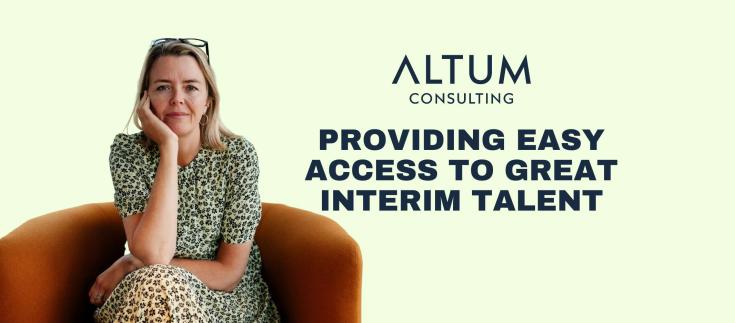Altum Consulting recently spoke to Rogier Woudstra, Director of Commercial Finance for EMEA at Dentsu, to find out about his role, sector, the pandemic, and his predictions for the future.
Tell us about Dentsu and what your role there is?
Dentsu is one of the largest global marketing and advertising agency networks in the world. We partner with brands to deliver services within three business lines Media, Creative and CXM. Dentsu employs 46,000 people, across 143 markets locations, serving 11,000 clients.
My role within Dentsu is Director of Commercial Finance for EMEA. I oversee the planning, budgeting, and month end, as well as business partnering with the key execs at EMEA level. Here we look at where our risk and opportunities lie, the initiatives that we can take, hiring policies that we can follow, productivity gains we could achieve and client profitability. For me this is the most exciting part of the role.
Over the last couple of years, I have been building up a team to ensure we fulfil all of this as there is quite a lot to achieve!
What attracted you to Dentsu?
Dentsu is an ambitious company with relatively flat structures, and it’s in a transformation. To me that means you can make a difference. At Dentsu if you have a good idea, you can run with it. I like companies that are progressive and transformational like that, which was very attractive when I was looking for my next opportunity.
How has the pandemic affected your sector and Dentsu specifically?
In the first year there was a shockwave through the sector which was felt by Dentsu. There was a lot of uncertainty which resulted in the retraction of marketing spends by our clients and thereby hurting our revenues. Especially forms of physical marketing (e.g. billboards, handing out flyers) got reduced significantly.
However, in the second year of the pandemic when it was ongoing but stabilising, there was more certainty for our clients, and we started to see things bounce back. We are now back to growth were we used to be.
The other impact we have felt more recently is the great reappraisal of all roles, meaning we have seen a lot of people moving jobs. This is something Dentsu has experienced, both in and out flow. Luckily not that much within Finance. It has created a specific dynamic, especially as we are working in an environment that is majority from home. We have had to adjust very quickly to a new reality. Successfully relying on our IT colleagues to ensure processes work seamlessly from home as well as from the office.
What recruitment and ways of working trends do you predict in the future?
The first one is working from home is here to stay. This does depend a bit on the market and culture a business is operating in, but for markets like London and the big cities across Europe I don’t think it will ever get back to 4 or 5 days in the office. It is much more likely to be less than half of that!
There is a benefit for the workforce with a hybrid model, for example reduced commuting times and a different way of organising lives. We have found that people work differently when they are in the office, it now has a specific function of collaboration and seeing each other.
If you aren’t required to be in the office full time, the talent pool increases. We don’t have to hire someone who lives locally to the office, we can look across the country or even in different markets where we may not have an office set up. On one hand we are becoming a lot more agile, but in a recruitment sense it could be more challenging as location used to be an eliminator, however we don’t have that now we aren’t so fixed on location.
What have been the biggest challenges when hiring?
When I hire, I don’t typically put together a job spec with a view that that’s what the role is going to be for the next three years. I tend to focus on the requirements needed today, and as we are in constant transformation, I ensure we plan for the requirements of tomorrow and how that role is going to grow and progress.
That means you are looking for a certain dynamic and personality as constant transformation isn’t for everyone! But most of all you are looking for talent. These qualities are difficult to capture in a CV and even more difficult when you can’t speak to people in person.
Can someone do a specific job is the easy part, the personal and cultural fit to the company is the challenge. Over the last two years we have hired seven people into my team, so we havent done a bad job!
What was your experience of working with Altum and the solutions they provided you?
I have been working with Altum for the four years I have been with Dentsu. A key reason it has been successful is their rigorous screening process, when I am first meeting candidates there is a better personal fit and understanding of the role and opportunity. This makes it much easier as we move through the process, and it saves my time as I am interviewing more of the right candidates.
Plus, I am sitting in Holland, if I am hiring in the UK it is useful to get more local help!
What do you think are the key skills needed by a modern finance professional and has the pandemic altered these?
If I look to the commercial finance professional, the pandemic has accelerated an increasing trend of being able to manage data flows, and make sure the right people see the right things at the right time.
At a regional level you can’t just consolidate a couple of results from markets, and put in some trend lines. It doesn’t work like that. We need to understand the underlying trends and the decisions that underpin it, how much of those revenues or costs are committed and what the decisions are that need to be made. There is a lot of granularities that comes in and we need to keep it simple.
The data we present must be communicated in a clear way that can lead to a decision being made. The designing of data flows, models and how it is communicated has become very important for the commercial finance professional.
The pandemic has meant that normal trend lines have gone out of the window. Trying to find one ‘normal’ year in a transformational company that has also experienced the pandemic is very difficult. The acceleration of understanding the underlying trends and decisions becomes more and more important as the trend line analysis becomes a thing of the past because it just won’t work.
It was never the intention for a commercial finance person to sit in the corner, do calculations and come up with a report. As we move online and adopt hybrid working, you really can’t do that as people will forget you! It is important to know when to step in and what value you can add. This isn’t a new trend but the pandemic has made this more important.
Thank you to Rogier for participating in our spotlight interview! If you have any questions and would like to get in touch, please email tom.wade@altumconsulting.co.uk.
Want to know more?

